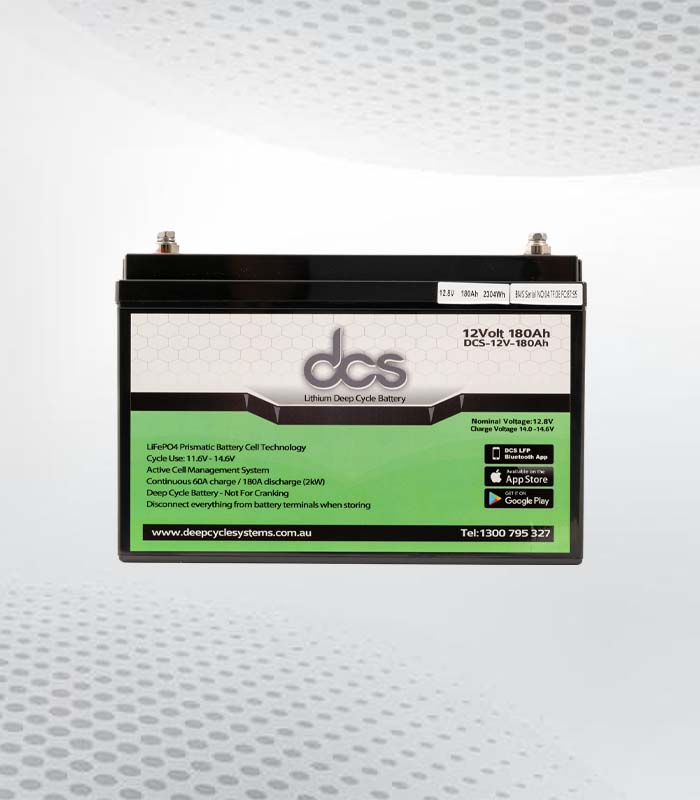As someone who has spent many years working in the marine industry, I have seen firsthand the limitations of traditional marine batteries. These batteries are heavy, bulky, and have a limited lifespan. However, with the advancements in 12v marine battery technology, we are now seeing a new generation of marine batteries that are more efficient, powerful, and safer than ever.
In this article, I will explore the advantages of lithium technology for marine applications. I will discuss the longer lifespan and increased cycle life, lightweight and compact design, faster charging and discharging capabilities, enhanced safety features of lithium marine batteries, and cost considerations. By the end of this article, you will have a better understanding of why lithium technology may be the answer to the future of marine batteries.
The Limitations of Traditional Marine Batteries
One of the primary limitations of traditional marine batteries is their weight and size. Lead-acid batteries are heavy and bulky, which can be a problem when space is limited on a boat or yacht. Additionally, these batteries have a limited lifespan and must be replaced every few years. This can be expensive and time-consuming, especially if you have multiple batteries that need to be replaced.
Another limitation of traditional marine batteries is their charging and discharging capabilities. Lead-acid batteries can only be discharged to a certain point before they need to be recharged. If you need to use your boat or yacht for an extended time, you may need to carry multiple batteries or find a way to recharge them while on the water.
Advantages of Lithium Technology for Marine Applications
Longer Lifespan and Increased Cycle Life
Lithium marine batteries have a longer lifespan than traditional lead-acid batteries. These batteries can last up to 10 years or more, depending on the brand and usage. Additionally, lithium batteries have a higher cycle life, which means that they can be charged and discharged more times than lead-acid batteries. This makes them ideal for applications where the battery will be used frequently.
Lightweight and Compact Design
Lithium marine batteries are much lighter and more compact than traditional lead-acid batteries. This makes them ideal for boats and yachts where space is premium. Additionally, the compact design of lithium batteries makes them easier to install and maintain.
Faster Charging and Discharging Capabilities
Lithium batteries have faster charging and discharging capabilities than lead-acid batteries. This means that they can be charged and ready to use in a shorter amount of time. Additionally, lithium batteries can be discharged to a lower point than lead-acid batteries without causing damage to the battery.
Enhanced Safety Features of 12v lithium marine battery
12v lithium marine battery has enhanced safety features that make them safer than traditional lead-acid batteries. These batteries are less likely to overheat or catch fire, which can be a major concern on a boat or yacht. Additionally, lithium batteries are less likely to leak or spill, which can be a hazard in a marine environment.
Cost Considerations of Lithium Marine Batteries
While lithium marine batteries are more expensive than traditional lead-acid batteries, they are also more cost-effective in the long run. These batteries have a longer lifespan and higher cycle life, so they do not need to be replaced as often. Additionally, lithium batteries are more efficient than lead-acid batteries, which can save you money on fuel costs in the long run.
The Future of Marine Batteries: Is Lithium Technology the Answer?
As we continue to see advancements in lithium technology, we will likely see more and more marine applications switching to lithium marine batteries. These batteries are more efficient, powerful, and safer than traditional lead-acid batteries, which makes them ideal for the marine industry.
While there are some cost considerations for lithium marine batteries, their longer lifespan and increased cycle life make them a more cost-effective option in the long run. Additionally, the lightweight and compact design of lithium batteries makes them ideal for boats and yachts where space is at a premium.
FAQs
What is a marine battery?
A marine battery is a deep-cycle battery that powers many marine applications, including boats, yachts, and other watercraft.
What is the difference between a lead-acid battery and a lithium battery?
Lead-acid batteries are heavier and bulkier than lithium batteries. Additionally, lithium batteries have a longer lifespan, higher cycle life, faster charging and discharging capabilities, and enhanced safety features.
Are lithium marine batteries more expensive than traditional lead-acid batteries?
Yes, lithium marine batteries are more expensive than traditional lead-acid batteries. However, they are also more cost-effective in the long run due to their longer lifespan and increased cycle life.
Conclusion
Lithium technology is the future of marine batteries. These batteries are more efficient, powerful, and safer than traditional lead-acid batteries, which makes them ideal for the marine industry. While there are some cost considerations for lithium marine batteries, their longer lifespan and increased cycle life make them a more cost-effective option in the long run. Additionally, the lightweight and compact design of lithium batteries makes them ideal for boats and yachts where space is at a premium. If you are looking for a new marine battery, it is worth considering a lithium marine battery for your next purchase.
| Other Good Articles to Read |
| Blogs Rain |
| Cme Blog Spot |
| Garcias Blogs |
| Yyc Blogs |
| Guiade Blogs |
| Blogs-Hunt |
| Impact-Blog |
| Smarty Blogs |
| Ed Blog |
| Mo Blogs |
| Blogs Em |
| Blogs T |


